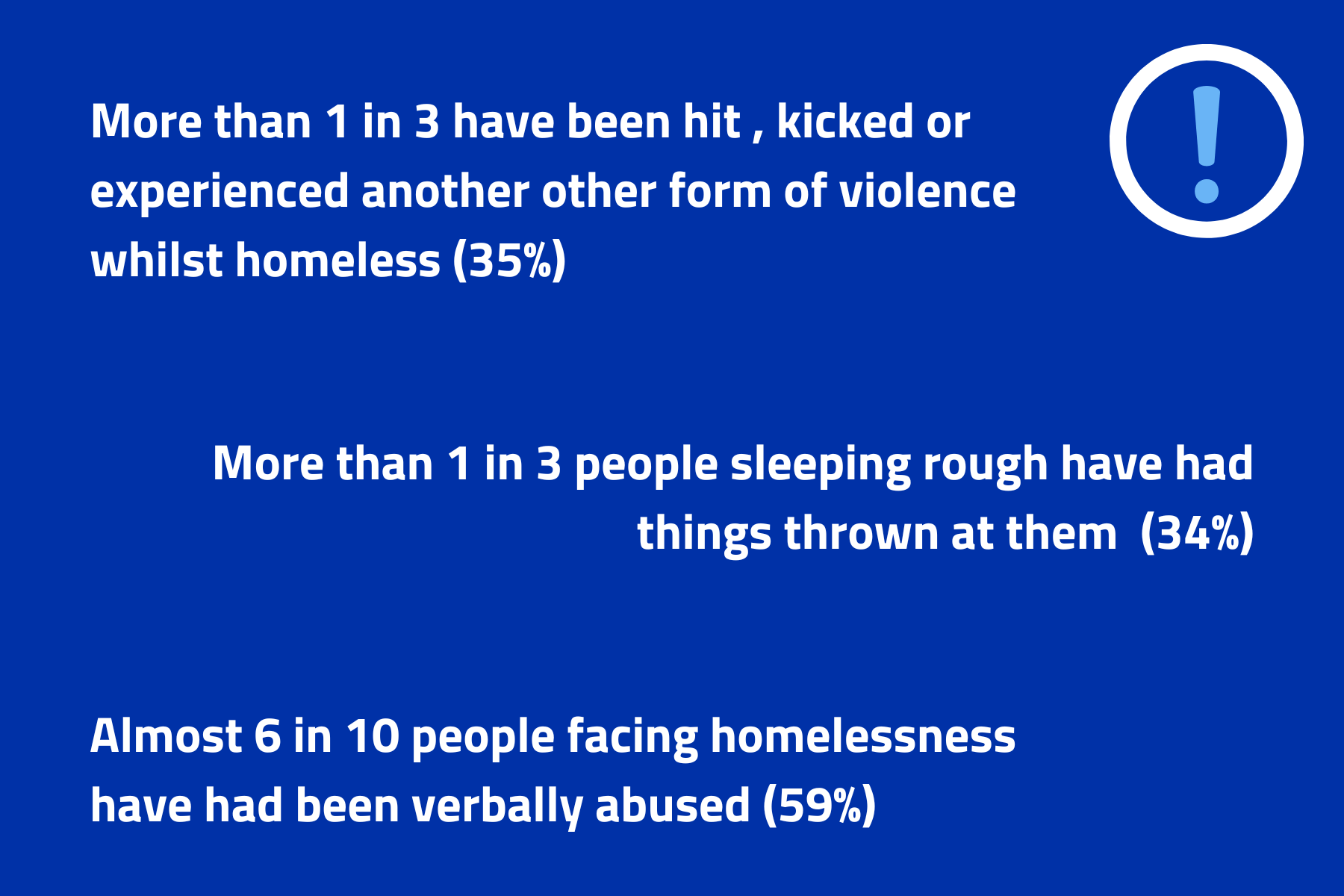
The stigma around homelessness runs deep in our society.
From ‘jokes’ made around the appearance and/or behavior of a person sleeping rough to extreme examples of violence against people facing homelessness, its clear that we need to do more to protect those most at risk being stigmatised.
But where did this stigma around homelessness come from?
In 1824, over 200 years ago, the Vagrancy Act was introduced which made it illegal to be homeless in England.
Historically, this criminal status has positioned people facing homelessness as ‘outsiders’ which encouraged others to look down on them, pushing people into the edge of our society. In more extreme cases, this encouraged people to act aggressively towards people sleeping rough because people viewed those facing homelessness as a problem to society, rather than the outcome of society’s problems we now recognise.
While the last Government promised to scrape this Act, it is still in place today. Additionally, the proposed replacement for this Bill (The Criminal Justice Bill) is also highly stigmatising.
The Bill initially contained new punishments aimed at ‘nuisance rough sleeping’ in England. This includes being moved on, fined and even imprisonment.
These punishment’s have been scrapped but the proposal of them in the first instance highlights how far we have to go in terms of ending stigma towards homelessness.
No one deserves to be criminalised for homelessness as it isn’t a reflection on a person but on our society and Government. Much like policy and law from the Victorian period, this bill could still contribute to increase stigma people face.
How does stigma affect people sleeping rough?
Latest research shows that 28% of people in the UK believe those sleeping rough are at fault for their circumstances. Additionally, 72% believe that people facing homelessness could get themselves off the streets if they tried to. These attitudes don’t take into account the barriers people often face in homelessness like poor mental health and substance misuse in an attempt to self-medicate for traumatic experiences.
Aside from being upsetting (and inaccurate) these views carry real impacts for people facing homelessness. Beyond stigma, this can lead to:
These attacks (or fear of them) can have serious mental health impacts too, with over half of people who sleep rough reporting mental health concerns since they began living on the streets. The fear and embarrassment caused by these negative attitudes can also make people scared or ashamed to seek out support for homelessness.
All this suggests stigma around homelessness can have life altering impacts for people on the streets.
What we can do?
We all have a part to play in ending stigma around homelessness. From chatting to people you past on the streets to calling out disrespectful language you hear in day to day life, we can all make a difference.
Last updated: July 2024

